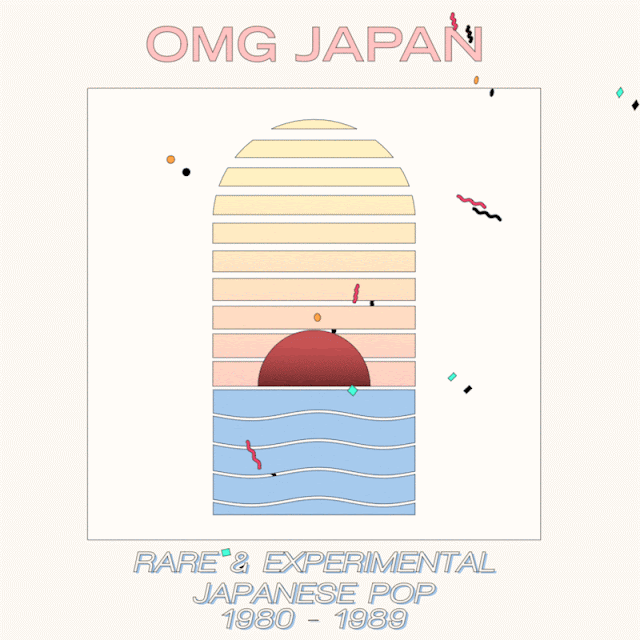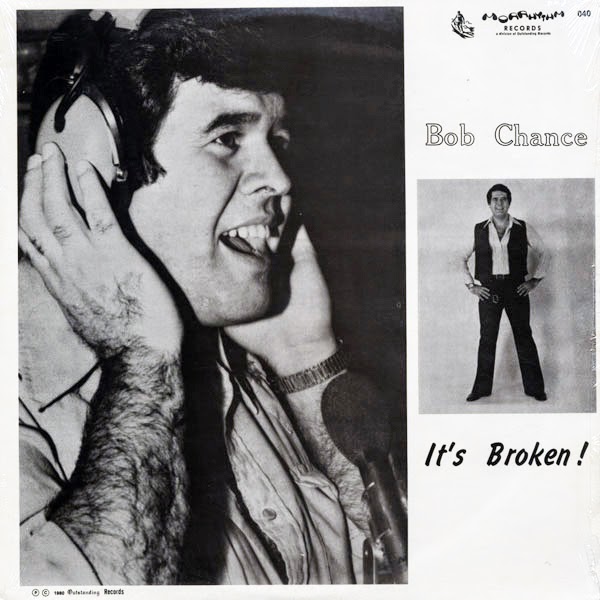
I really, really wish this record were 15 minutes longer. And speaking of, apparently there are four unreleased tracks floating around from these sessions–if anyone has them, I’d really love to hear, will bake you cookies, etc.


His life’s work was pouring his everything enthusiastically into music. He also loved his studio in Yokohama, putting in speakers and installing the equipment and synthesizers one by one. He fell down and breathed his last breath in that studio while he was making music. He was sixty-five years old, and an acute dissecting aneurysm of the aorta was the cause of his death. However, this is the least important aspect of his passing. Despite an instant death, I believe he knew the time had come, because he was sitting cross-legged with his hands joined together, as if practicing Zen meditation. He was alone, but not lonely, because whenever he was surrounded by music he was happy, as if he were an innocent child. He lived life as a musician and lived as a musician with his whole life.


“This is a mix of Japanese pop songs, most of them with a synth funk backbone. The most exciting aspect of this era of music, though, is how unafraid these musicians were to push the limits of genre: They loved Van Dyke Parks, Kraftwerk and Martin Denny, but they were never confined by any one sound, nor were they afraid to poke fun at western constructs of the ‘oriental’ or Japanese fascinations with Western cultural novelties.”
Tracklisting:
1. Chiemi Manabe – Untotooku
2. Miharu Koshi – L’amour…Ariuwa Kuro No Irony
3. Hiroshi Satoh – Say Goodbye
4. Colored Music – Heartbeat
5. Minako Yoshida – Tornado
6. Ryuichi Sakamoto – Kacha Kucha Nee
7. Mariah – Shinzo No Tobira
8. Yukihiro Takahashi – Drip Dry Eyes
9. Sandii – Zoot Kook
10. Haruomi Hosono – Ohenro-San
11. Osamu Shoji – Jinkou Station Ceres
12. Kisagari Koharu – Neo-Plant
13. Inoyama Land – Wässer
14. Aragon – Horridula
15. Asami Kado – 退屈と二つの月
16. Tamao Koike & Haruomi Hosono – 三国志ラヴ・テーマ
17. Hiroyuki Namba – Hiru No Yume


